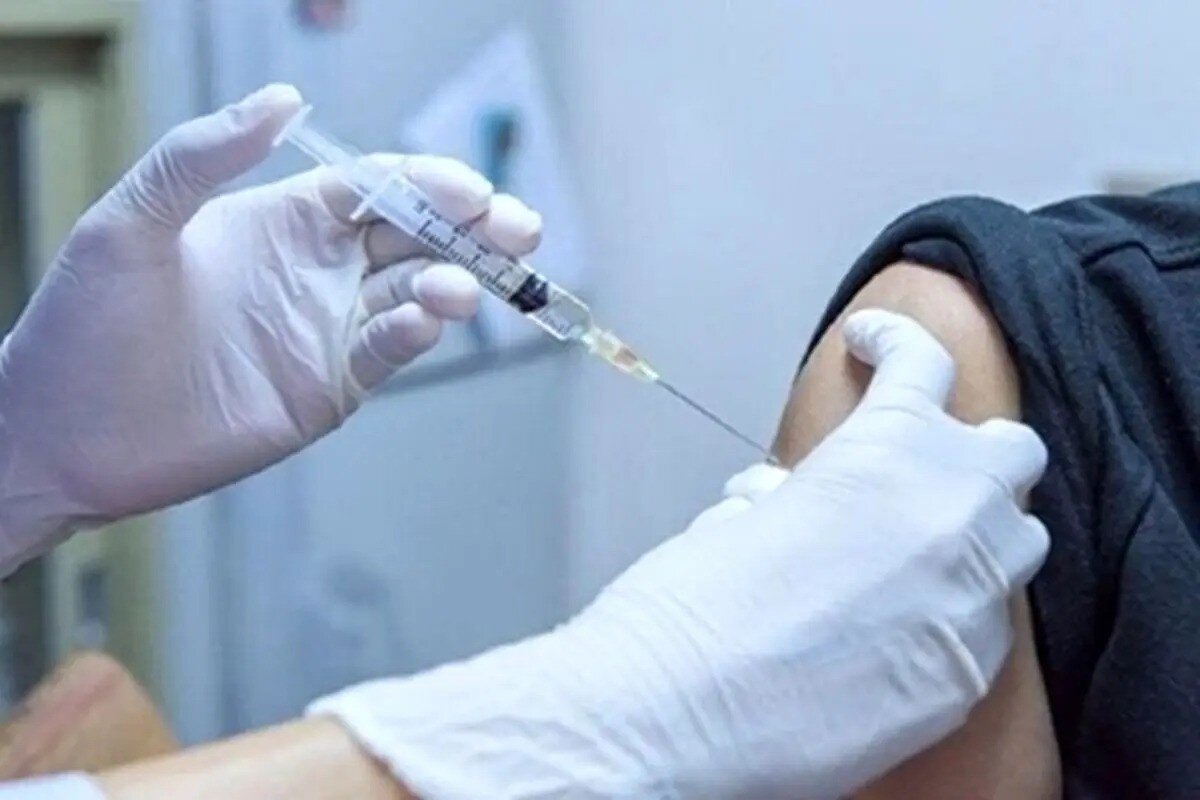Polio, rabies vaccination underway at border regions

TEHRAN – The ministry of health has been providing polio and rabies vaccination at border areas within the framework of a program that started on March 15.
So far, 1255 persons have been vaccinated against polio and 2367 persons have been vaccinated against rabies, ILNA quoted Mohammad Dadras, a health ministry official, as saying on Monday.
More than 367,865 syndromic screening tests, 1536 Covid-19 tests, 286 malaria tests, 389 cholera tests, and 92 rubella tests have been carried out, he added.
Vaccination against rotavirus, pneumococcal
A national vaccination plan aiming to combat rotavirus and pneumococcal, which most notably cause diarrhea and pneumonia respectively, was said to be added to the country's immunization program on January 21.
Rotavirus can cause severe watery diarrhea, vomiting, fever, and abdominal pain. Children who get rotavirus disease can become dehydrated and may need to be hospitalized.
Babies can get three doses of vaccine at the 2nd, 4th, and 6th months of life. The vaccine is administered by putting drops in the child's mouth, IRNA quoted Mohsen Zahraei, the head of the preventable diseases department of the Ministry of Health, as saying.
The pneumococcal vaccine helps protect against some types of bacterial infections that can cause serious illnesses like meningitis (an infection in the brain and spinal cord) sepsis (a life-threatening reaction to an infection) pneumonia (an infection in the lungs).
Zahraei further noted that pneumococcal vaccine can be injected when babies are 2, 4, and 12 months old.
Measles and rubella eliminated in Iran
In April 2023, the World Health Organization confirmed that measles and rubella have been eradicated in Iran, Health Minister Bahram Einollahi said.
This success was achieved for the country in a situation where many European countries have not yet received approval from the World Health Organization regarding the eradication of measles and rubella, but the Islamic Republic of Iran has succeeded in eradicating these two diseases, he added, ISNA reported.
Measles is potentially a deadly disease. Severe complications include pneumonia, diarrhea, blindness, and encephalitis (brain swelling).
Most people who get rubella usually have a mild illness, with symptoms that can include a low-grade fever, sore throat, and a rash that starts on the face and spreads to the rest of the body.
The measles vaccination program in Iran started in 1984 when 34 percent of the population was vaccinated in the first year and 90 to 95 percent of the population after 6 years. Also in 2003, 33 million people were vaccinated with a national program to eradicate measles in the country.
Concerns about the spread of measles in the country are growing as the Afghan population grows.
Iran’s Primary Health Care (PHC) system is known as a role model in the Health Sector which could be adopted by other countries, both in terms of expanded networking and outreach as well as the successful linkage between the Health Sector and Medical Education institutes, such as Medical Universities, according to UNICEF.
MG
Leave a Comment